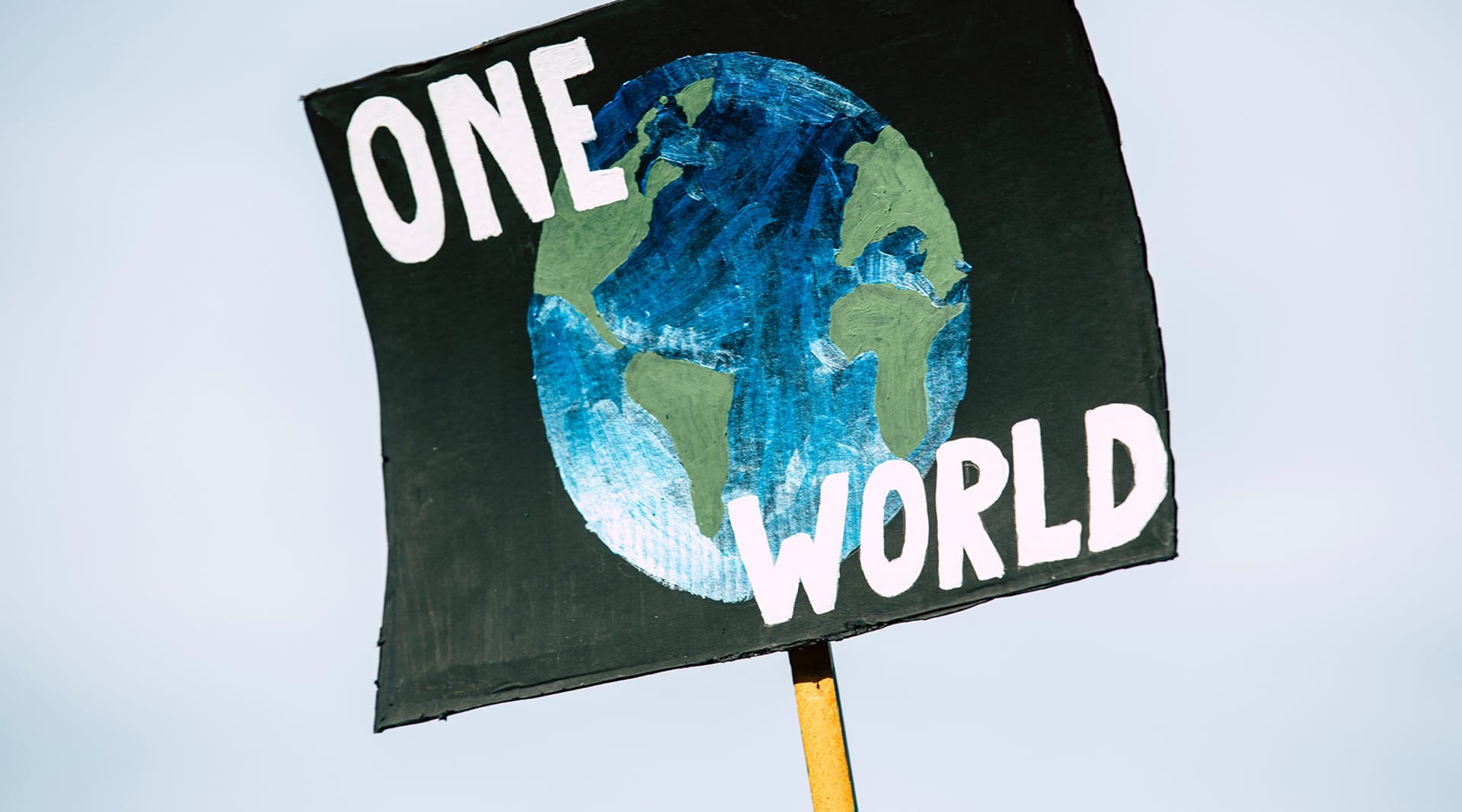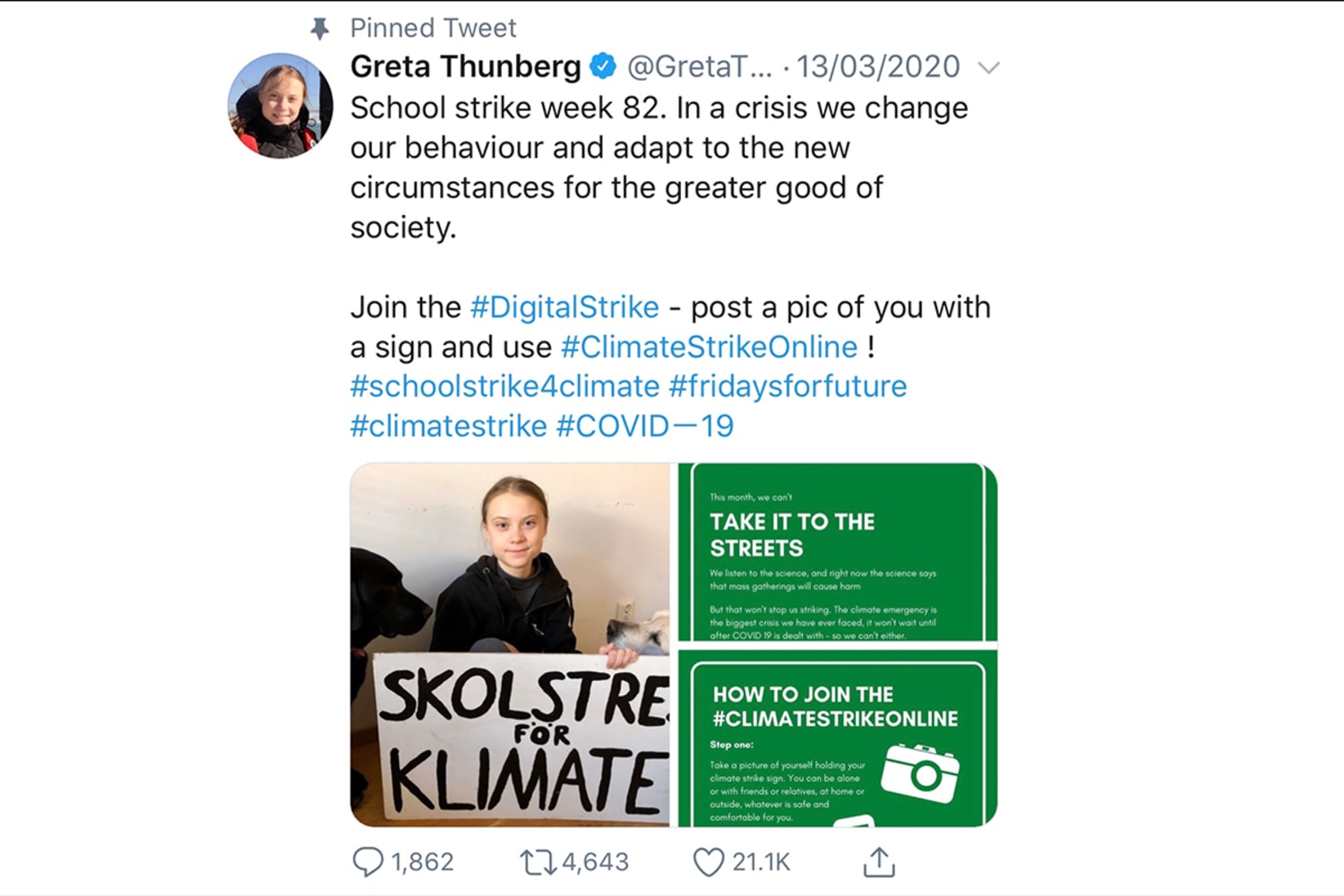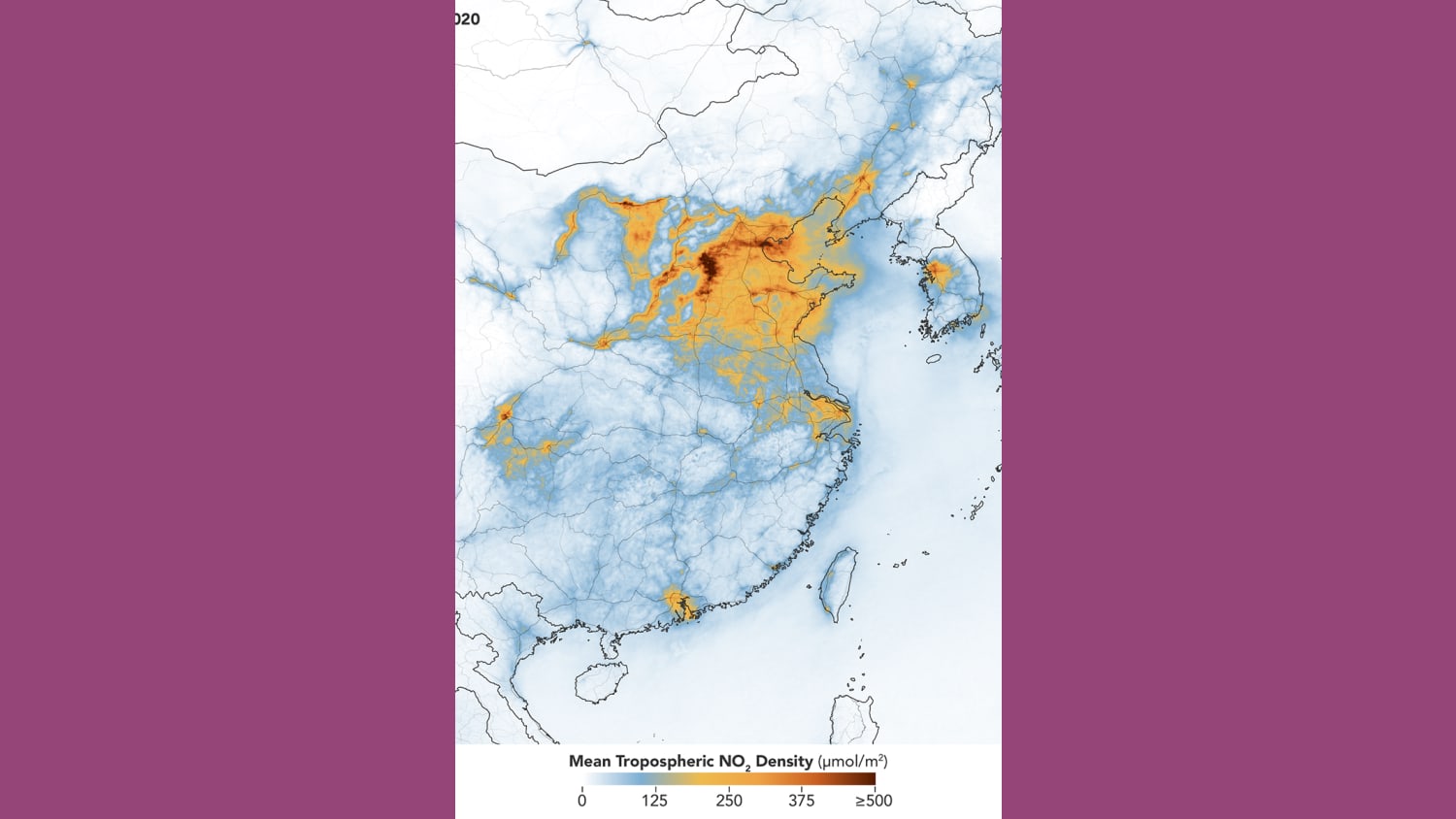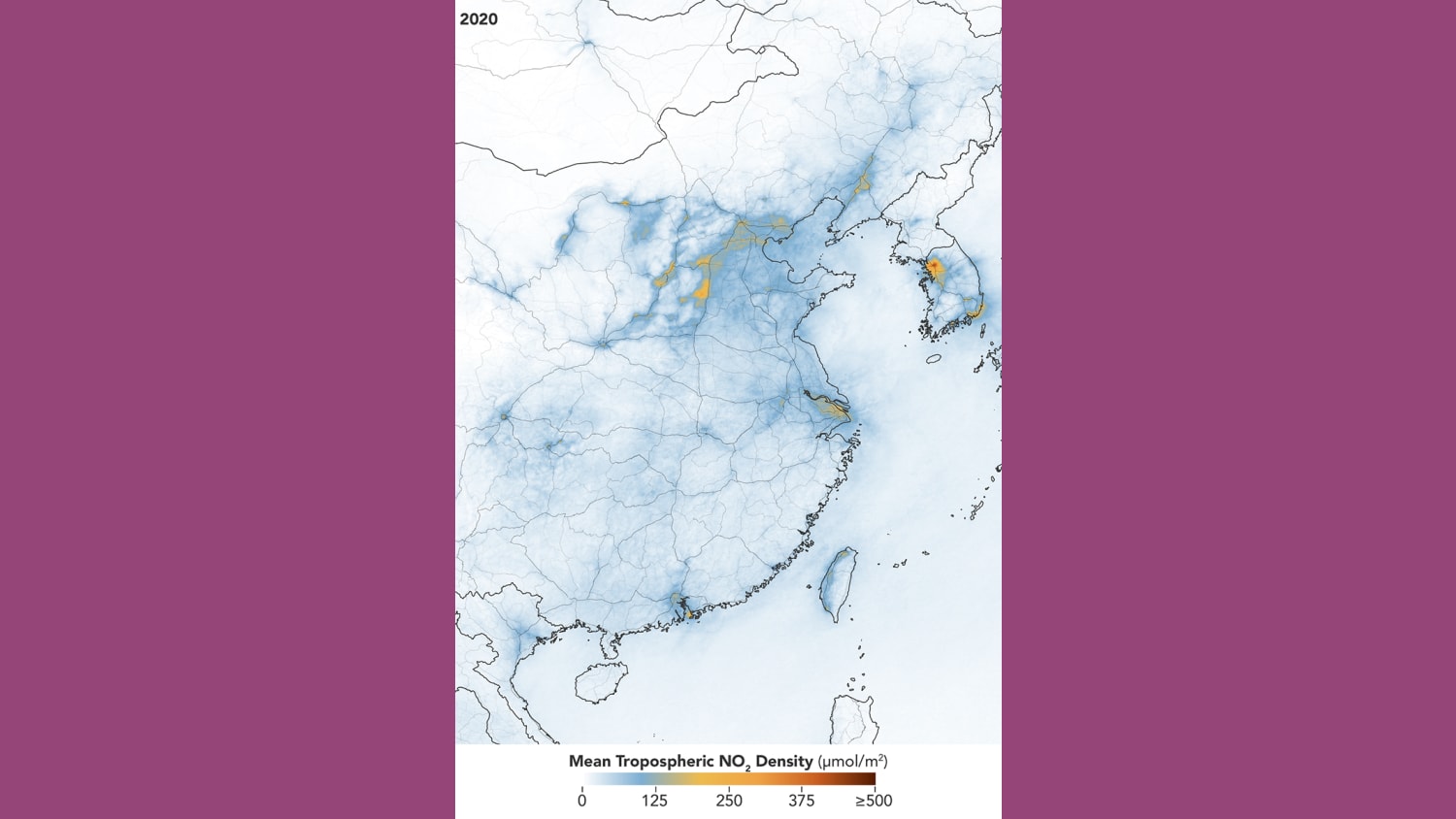The global pandemic has laid waste to all kinds of plans, as we enter crisis mode. Mere weeks ago, for instance, climate change was high up the agenda for politicians, businesses and for people. Now, the world has pressed pause.
The UN’s Climate Change Conference (COP26) due to be held in Glasgow in November, has been postponed. Greta Thunberg has had to take her School Strike for Climate off the streets and online. Businesses too, are shifting to survival mode and sustainability initiatives may now have to take a back seat.
Yet as time goes on, it’s becoming apparent that the pandemic and the climate crisis may be interrelated in some ways.








